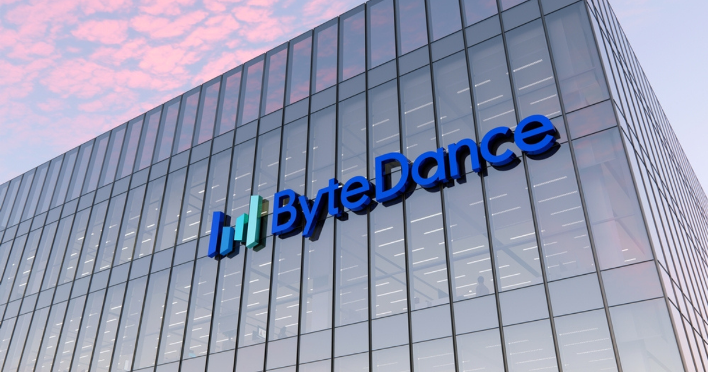-
Knowing you are always at risk
No one is immune to hacking. Thus, the first way to protect yourself is always to know you are at risk of hacking. If you send Facebook updates, send emails, check your bank balance online, you are at risk of hacking. People presumably aware of the dangers of hacking also get hacked.
You can lose data from your phone and laptop, and it can destroy all your digital life. Therefore, once you are aware of this, it is easier to reduce your chances of getting hacked. Simple things like streaming through The Pirate Bay and other safe sites are one way to ensure you are enjoying online entertainment safely.
-
Choosing a strong password
Hackers do not need long to crack a password of lowercase letters or six random numbers. Luckily today, many free websites help you choose safe passwords that are not easy to guess with a mix of uppercase letters, numbers, and symbols. Also, to have a secure and strong password, use phrases too that are easy for you to remember, and not many people know about them. For instance, a phrase in your language can take a hacker a long time to guess, as long as you can also remember it.
-
Avoid using Wi-Fi hotspots
Providers of public Wi-Fi in airports, coffee shops, and hotels, in most cases, do not need encryption of data traveling between your device and the internet. Therefore, any information from your bank details, email password, and anything else you do online is vulnerable to hackers. Since you know it is unsafe, it is best to use your data that you secure with a password. Otherwise, on a Mac, click the Wi-Fi icon in the menu bar and turn it off, and on Windows, right-click the wireless icon in the taskbar to turn it off.
-
Be aware of what you share online
To protect your online safety, you do not have to delete all your social media details to stay safe. However, you need to be aware of what you are sharing. Avoid posting graduation Photos, birth dates, or your mother’s maiden information. Or any info you use to answer security questions for accessing accounts online, for this makes the hackers’ job easy to access your online devices. Educate yourself on what not to post online to ensure you have all the tips to stay safe as you enjoy browsing the internet.
-
Use 2-step verification
Gmail and Facebook have an extra but optional security feature. Once you activate it, it requires you to enter two passwords. One is the usual password, and the other is a code sent by the company to your phone to enable you to access your account. Many find the added step inconvenient, but it is worth the trouble to be safe from hacking. Set up the verifications on Gmail and Facebook by following the simple steps you can find online to protect your accounts and yourself.
- Back up your data
Today, some websites offer a free backup system to help protect your digital files. This ensures you are safe. If you get hacked, the attackers cannot delete your emails, documents, photos, and music from your computers in minutes. Plus, hackers can use your information in various ways and cause a lot of inconveniences.
To sum up, the above are ways to protect your life online. Also, you can learn more on how to improve your cybersecurity with any device online and in various tech journals. Hackers steal your personal information because it is private. So, follow the above tips and others you learn to ensure your personal information does not end up in the hands of hackers.
On the business side, companies should take advantage of first party data instead of third party ones since they’ll have more control over the data they collect. This also means their customers’ data will have better security.
Check also;
- US Couple Arrested For Selling Nuclear Warship Data
- Technological Disruption Looming For Africa’s Data Network Market
Please use the button below to contribute to Newslex Point, Inc. using a credit card or via PayPal.

 Newslex Point News in Uganda, Uganda news
Newslex Point News in Uganda, Uganda news












